Personality & Traits: Are British Shorthair Cats Affectionate?
Although it displays their love toward its human companions differently, British Shorthair cats are definitely affectionate by nature. It is an easygoing cat and is known for being a friendly companion. However, such a breed is not fond of receiving hugs or giving its owner a lap cuddle.
It is because a cat’s behavior varies depending on the breed. Some are feral and seek solitude no matter how tame they are, while some want a handful of attention from time to time.
On the other hand, some cats do not belong in one category. British Shorthair cats, for instance, are deemed affectionate but, at the same time, aloof.
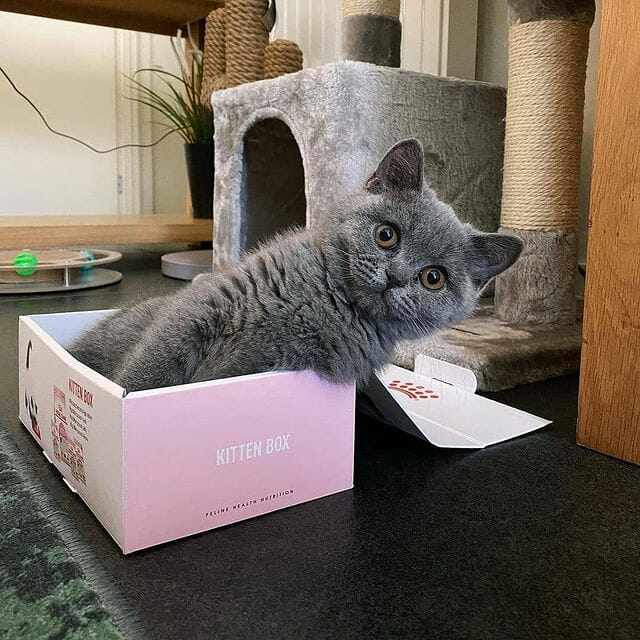

Table of Contents
Traits of British Shorthair Cats
A British Shorthair cat’s personality differs from cat to cat. But generally, such a breed is loyal and easy going by nature. In fact, it easily gets attached to its owners and is known for being friendly pet companions. It does enjoy attention as well just as much as other breeds of cats do. But despite its friendly and affectionate nature, a British Shorthair cat is not fond of hugs.
Moreover, both male and female British Shorthair cat fancies—but not necessarily prefer—the company of humans too. This type of cat likes to sit next to its owners or stay in the same room rather than sitting on a lap or being carried around.
This cat is normally quiet as well. It is also known for being inactive, unlike other cats that love to sit on top of cabinets and refrigerator or run around the house all the time. On the flip side—although it does not take too long—there would also be crazy moments or bursts of energy.
But do take note that a male and a female cat share slight differences in behaviour too. The male cat, for instance, is deemed happy-go-lucky and easier to befriend while the female cat is a serious type.
Aside from that, a British Shorthair cat is smart despite being a laid back animal. They could be trained with simple activities and tricks too and could easily get things right so long as you trained them the right way.
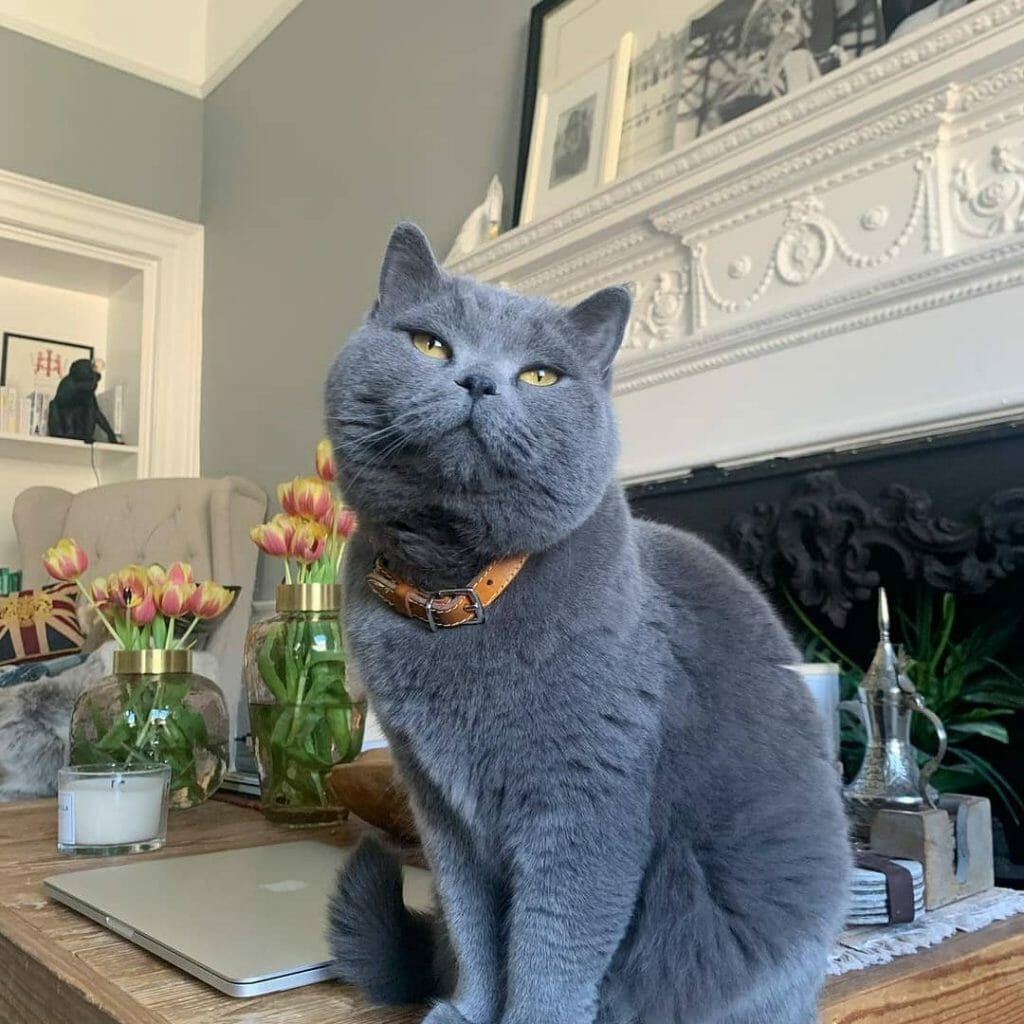

Do They Like Being Hug?
Although I mentioned it as being friendly and affectionate, unfortunately, it is not a fan of cuddles. A British Shorthair cat is not fond of getting pets, hugs, or being carried around unlike other breeds. They do not need constant attention as well and show their love in a way that even their owners could not notice.
Having that said, if these teddy-like cats are affectionate yet, at the same time, do not like cuddles and pets, how do they show they like their human companion?
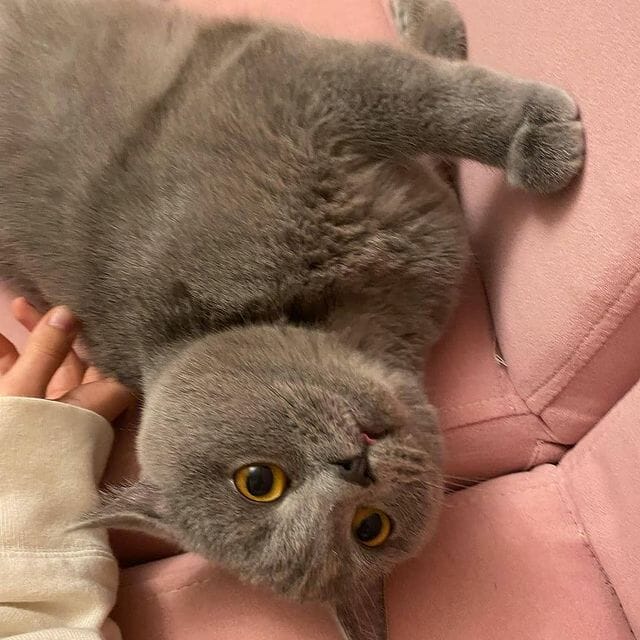

How Does a British Shorthair Cat Show Affection?
A British Shorthair cat shows its affection by displaying odd behaviors like following you around the house, letting you rub its tummy, keeps an eye on what activities you do, and waits for its owners to come home.
I already mentioned that a British Shorthair cat has a unique way of showing its love. And in most cases—particularly if the owner is not attentive enough—their human companions are unaware of how these teddy-like cats display their love towards their humans.
Here is why:
On the outside, this type of breed exhibits aloofness. It likes spending its time mostly alone and is very independent. As a result, it often makes cat owners confused and missed the moments when their cats are being affectionate.
But the thing is a British Shorthair cat simply does not like being “touchy.”
Thus, rather than sitting on your lap and letting you carry it like a baby, it follows you around the house. It keeps its eyes on what you do as well. And there could be times when your cat would vocalize their affection by talking to you, asking your company.
Another way they show their love is by letting their owners rub their tummies. It is a bit uncharacteristic for a British Shorthair since, as I said earlier, they do not like hugs and are not touchy. However, some owners said their cats let them do tummy-rubs.
Cats by nature do not let expose their tummy as it is their most vulnerable part. But if they do that, it means that your cat does not see you as a danger and trusts you. The thing is it is not an invitation to “pet my tummy” for most cats.
It is a different story for British Shorthair cats, on the flip side. It is because when they do that, it means they want you to rub their tummies.
Some British Shorthair cats display their affection by waiting at your door or gate. And on some occasions, these large teddy-like cats tend to show love when their owner is sick or behaving differently from what it sees as “normal.” For example, these cats may sleep next to you or by your bed.
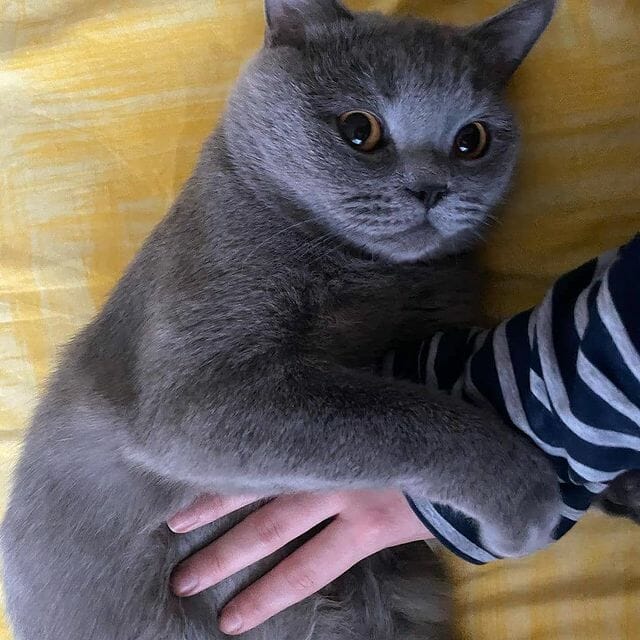

Can you train them to enjoy hugs?
In the case of a British Shorthair cat, training them to enjoy hugs and being cuddly is impossible.
A cat’s characteristic is unchangeable. Petting a feral cat and giving it treats is not the same as training a British Shorthair cat to become touchy. It is because the former is training a feral cat to “get used to humans” without changing its trait as an independent and solitude-seeking animal. And attempting to make your pet enjoy cuddles would only cause frustration both for you and your cat.
As such, as a cat owner, it is best to accept that your British Shorthair cat shows affection differently.
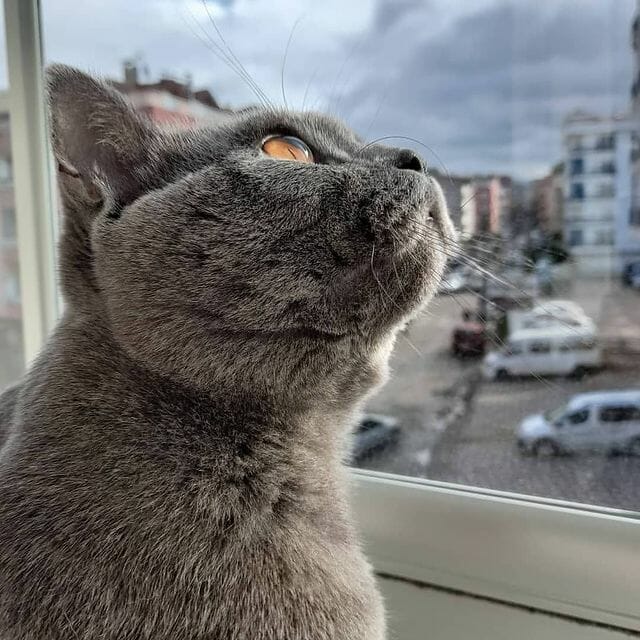

Are they friendly to other pets?
British Shorthair cats are not friendly towards other pets. Such a breed typically establishes boundaries in places and people it learned as its territory. And for that reason, they scare away animals they think are “intruders.” New pets such as dogs, for instance, are automatically intruders for this type of breed. And if you think introducing new cats would be fine, I am afraid that is not the case.
Cats, by nature, are hunters. And no matter how domesticated they are, their instinct as a wild animal is still ingrained in their minds. Hence, British Shorthair or not, cats tend to be territorial and defensive.
But what will happen if you introduce another cat to your British Shorthair?
Simple. They will both fight for dominance. Both cats—especially British Shorthair cats—will naturally become aggressive and defensive and will automatically turn into a fight as a result. So, to put it plainly, do not let your cat meet another pet dog or cat without a proper way of introducing it to them.
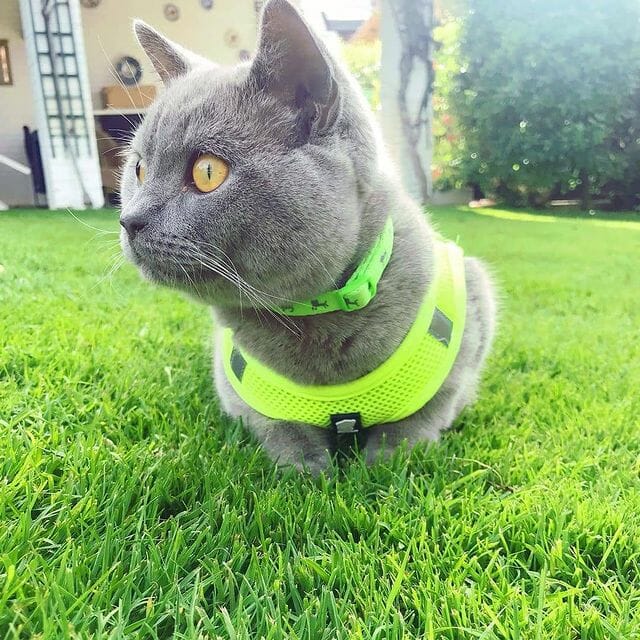

How to spot if your cat is depressed?
Cats also exhibit negative feelings and may vary depending on the breed. In the case of British Shorthair cats, they often get sick, refuse to eat, and run around your house and break furniture.
That being said, here’s a brief description how British Shorthair cats show they are depressed and upset.
- No appetite. Although having no desire to eat may mean a lot of things for a cat, depressed British Shorthair cats typically refuse to eat. And that is particularly when they are upset over something.
But do take note that it could also mean that your cat is sick. If this behaviour continues for days without improvement, it is best to seek professional help. - Breaks furniture/property. Cats by nature could not help but put their claws on furniture and break things when they run around your house. However, for an innately well-behaved cat like the British Shorthair, such actions are bothering as it could be a sign of emotional distress.
- Prevents you from leaving. This type of cat is affectionate but not clingy, as mentioned earlier. So, if your cat shows a behaviour that is opposite to its character, it could also be another sign of emotional distress.
Preventing you from leaving is one example. It will physically block the door, sit on bags you often use, and even play with your shoelaces. - Health issues. Health issues can also be a sign that your cat is sad or upset over something. And it is particularly true if the health issue persists, the fact that your cat is previously well.
